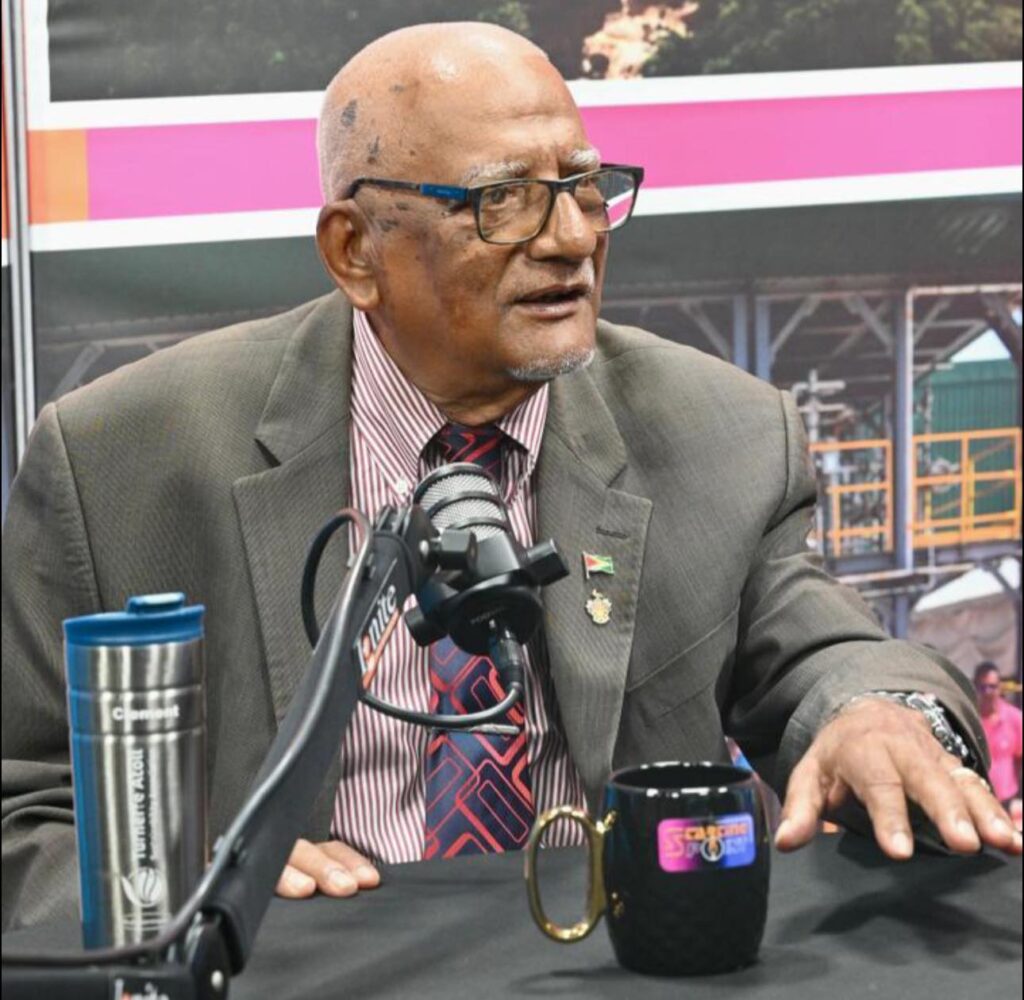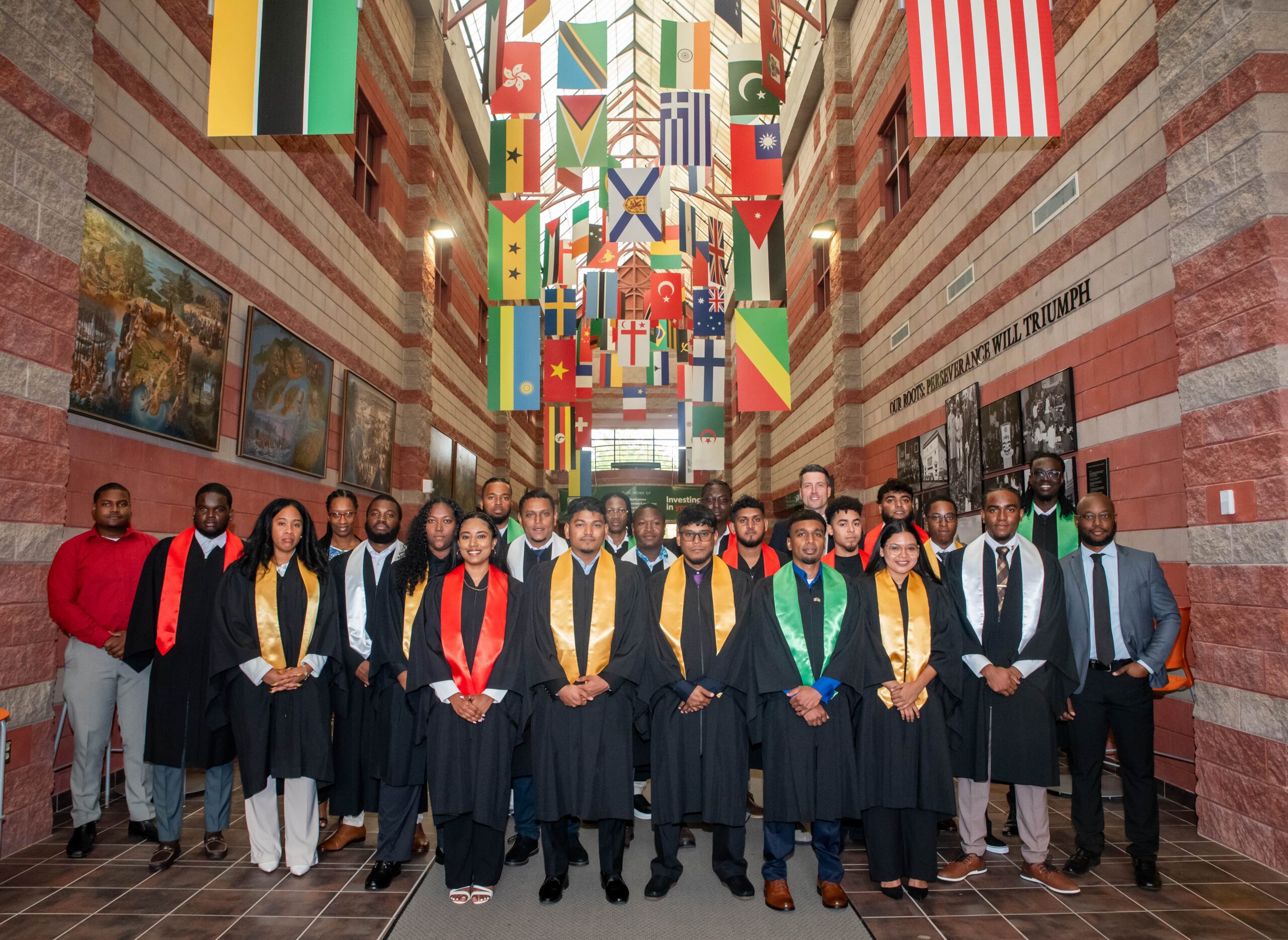The Guyana Technical Training College Inc. (GTTCI) is preparing to expand its focus beyond offshore oil and gas to meet the skills needed for the country’s emerging petrochemical, refinery, and construction industries, according to its Director, Professor Clement Sankat.
“I am very hopeful that the next phase of GTTCI’s training will go beyond the FPSOs to support a petrochemical industry,” Sankat said during an interview on Starting Point: The Oil and Gas Edition on November 9. “You also have to train technicians for refineries, ammonia and urea plants, and food-processing operations. The training must start now.”
Sankat cautioned that Guyana should not wait for new industrial investments before building the technical workforce to support them. “It’s no point waiting until you make the investment decision,” he said. “Start the training now.”
He noted that this forward-thinking approach was key to Trinidad and Tobago’s success in developing a strong energy workforce. “In countries like the Middle East and Trinidad, training facilities are equipped with several simulators, not only for FPSOs, but for refinery and petrochemical plant operations,” he explained.

GTTCI’s next phase aims to replicate that model in Guyana through chemical engineering technology programmes and dedicated simulators mirroring refinery and petrochemical processes. Sankat believes this move will ensure Guyanese technicians are ready when new plants come on stream.
The college has already produced over 100 graduates for offshore roles. The Facility Simulator (FacTor), an initiative supported by SBM Offshore Guyana to provide practical training for trainee technicians who are being upskilled to support the oil and gas industry, was officially commissioned in February 2024 at the Port Mourant, Berbice campus. FacTor is phase one of the GTTCI, which is being developed by the Government of Guyana in partnership with the Stabroek Block co-venturers.
Its next step, Sankat said, is to develop programmes that support onshore industrial growth, particularly gas monetization, manufacturing and construction.
“The kind of training we’re doing for the FPSOs has a generic value,” he said. “Those graduates can make a huge contribution onshore, in industry, in manufacturing. The same kind of programme that includes chemical technology can support food processing in a dramatic way.”
By introducing courses that bridge petrochemical operations and food manufacturing, the college hopes to diversify Guyana’s industrial skills base while supporting the government’s broader drive for value-added production.
In addition to petrochemical-oriented programmes, Sankat is pushing for the introduction of a Building and Construction Technician course. “We should build a programme to produce technicians, not civil engineers, but technicians, who can ensure that our infrastructure, especially our buildings, roads and bridges, meet quality standards and standards related to the environment and sustainability,” he said. The proposed programme, which is awaiting funding, would be internationally accredited and supported by an overseas partner.
For Sankat, these initiatives are essential to ensure Guyana’s continued economic growth translates into long-term technical capacity. “We need to push that area, chemical processing technologies, and support food processing in a dramatic way,” he said.
He believes the same attention given to oil and gas technician training should now be applied to petrochemicals and construction, both of which will play a central role in Guyana’s next development phase.
“What we’re building here is not just for today’s industry,” Sankat said. “It’s about preparing Guyanese for the industries that are coming, and making sure they’re ready before they arrive.”



